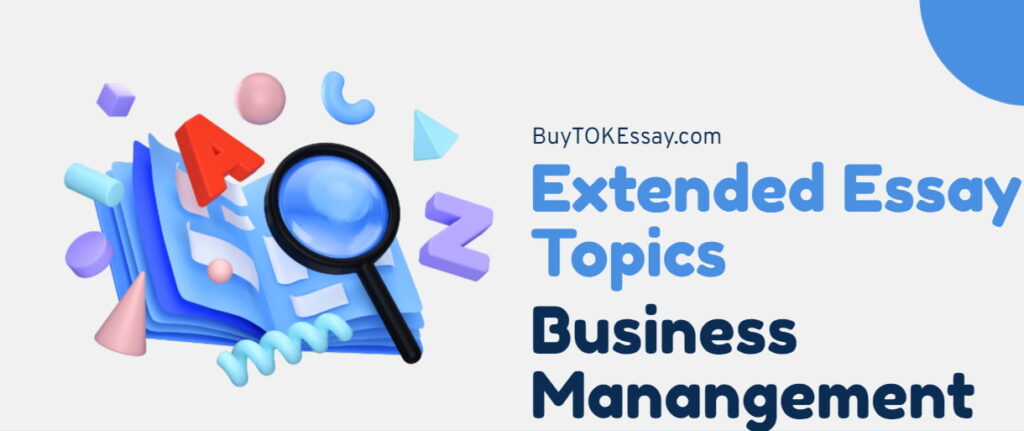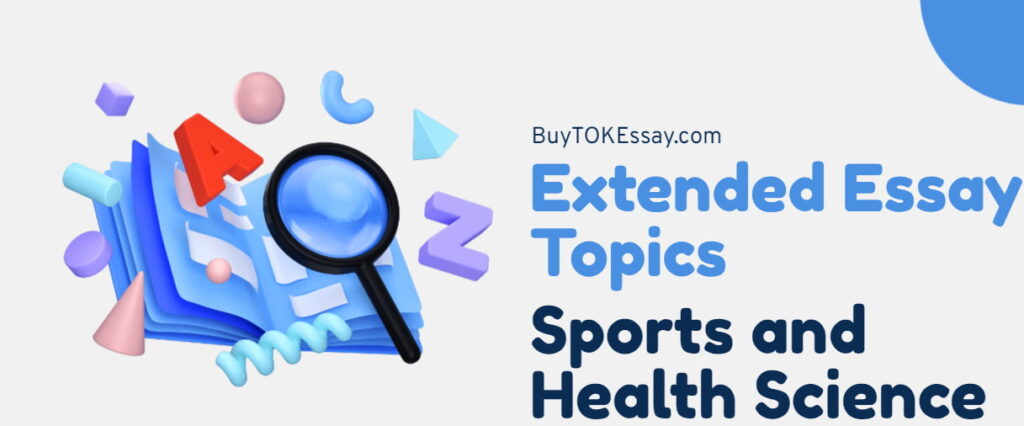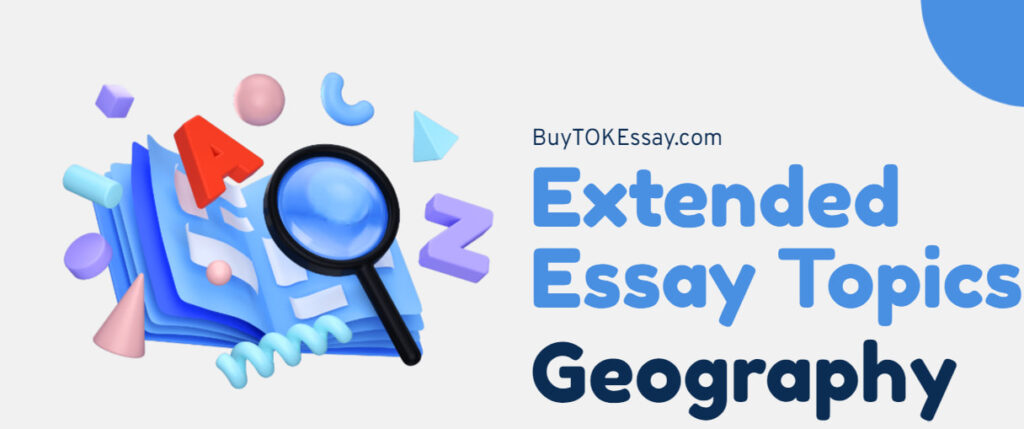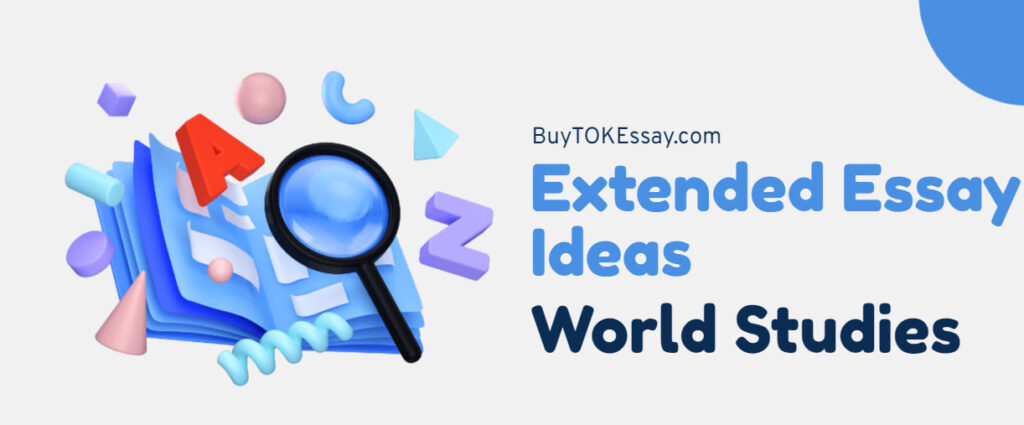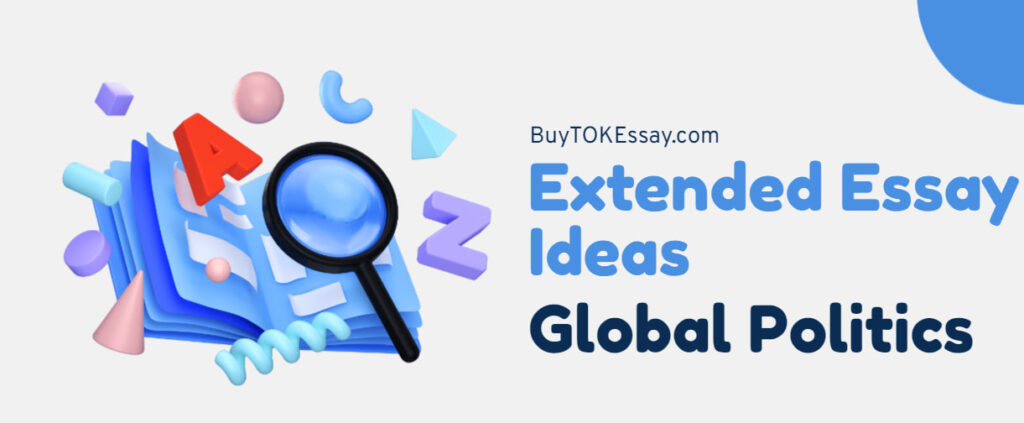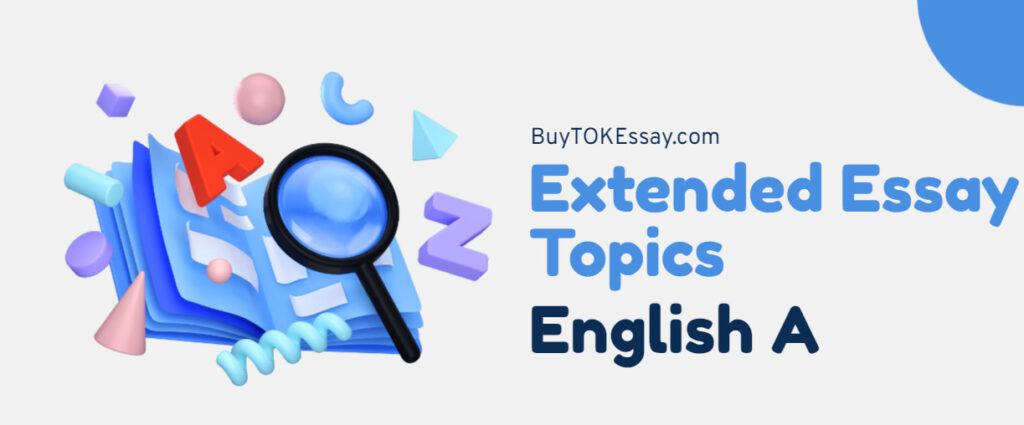At first, writing an IB extended essay can be hard, especially if you have a lot of time to do it and a blank page. And I can say with certainty that picking the right extended essay research method makes the whole writing process go more smoothly and with a lot less stress.
From the outset, IB examiners expect students to show practical research skills, careful preparation, and the ability to justify their methods. In this post, I’ll cover every aspect of the IB Extended Essay research method, along with some valuable tips. Let’s begin.
What Is an Extended Essay Research Method?
Simply put, an extended essay research method is the approach you use to gather and examine data for your IB EE. Making the correct method choice is one of the most crucial choices you will make for the duration of your project, and not simply a technical one.
A research method is also the practical strategy used to answer your research question. Will you, for instance, examine historical events, interview people, assess literature, undertake a scientific experiment, or research economic models? The method you use must be appropriate for the topic, the inquiry, and the kind of proof you want. Under typical IB criteria, students are required to explain why their chosen method is suitable for their research, in addition to selecting one.
Primary research (such as surveys, experiments, or original investigations) and secondary research (such as examining already published texts, data, or studies) are the two main categories into which extended essay research methods often fall. Some essays mix the two, particularly when students want to demonstrate original analysis and higher-level thinking.
Using a clear, logical method, in my opinion, improves your argument, shows your ability to organize, and gives your essay genuine academic weight. Even a compelling research topic might be undermined by a poorly selected research methodology. That’s why your IB EE success depends on choosing the appropriate method from the beginning.
How to Choose Research Methods in IB Extended Essay?
Rushing through this phase without thinking about how their method supports their research topic is, in my view, the largest error students make. A well-matched method makes writing simpler and results in much higher grades.
Let’s review how to make informed decisions.
Formulate Your Research Question
Always start by carefully examining your research topic and possible methods:
- You can use primary research methods, such as surveys or interviews, when seeking opinions, personal experiences, or current events.
- However, secondary research is more appropriate if you are examining literary masterpieces, historical events, or economic patterns.
When I give students advice, I always remind them that the research method they choose must directly address the topic they have posed.
Align Your Approach with Your Topic
Not every IB topic is a good match for every method. For example, experiments and data collection are often required for the sciences. Textual analysis or document studies are most effective in the fields of literature and history. The standard methods anticipated in your field, as I usually repeat, maintain your essay powerful and focused.
Furthermore, unless it is explained very well, using an unconventional method for your topic may confuse the examiner.

Think About Your Available Resources
What resources, time, and access you have are also crucial.
Do you have enough people who are willing to participate in surveys? Do you have access to a lab if you want to experiment? I’ve found that choosing a method you can really implement well is far more intelligent than making unrealistic promises and falling short of them.
So, consider what you can do effectively in the allotted time and word limit.
Think About Original Research Possibilities
Whenever feasible, incorporating some original research into your IB EE essay can help it stand out.
Original experiments, questionnaires, or interviews demonstrate initiative and inventiveness. They still need to be properly designed, however. Simple, targeted efforts, in my opinion, often outperform sloppy, overly ambitious ones. Just go ahead and conduct original research if it’s appropriate for your topic and inquiry, but keep it within reasonable bounds.
Balance Between Depth and Breadth
Lastly, remember that the IB values in-depth study over a cursory, general summary. Your analysis will inevitably become better if you use a method that allows you to delve deeply into a single problem. Essays that try to cover everything often lose concentration and grade points, in my experience.
You will always benefit more from selecting a method that encourages critical, in-depth thought.
What Extended Essay Research Methods Can You Use for IB Subjects?
In my opinion, writing your extended essay is much more pleasurable when you match the appropriate method to your subject. Let’s look at the common options you can choose for different IB subject groups.
History and Social Sciences
If you’re writing in History, Geography, Psychology, or another social science, you’re usually expected to work with primary documents, statistical studies, or case studies. You might be analyzing government treaties, newspaper archives, personal letters, or conducting a small local opinion survey to back up your arguments.
Common extended essay research methods in these areas often include:
- Comparative document analysis.
- Interviews or oral histories.
- Surveys and questionnaires.
- Archival research.
- Content analysis of media or historical records.
For example, analyzing the causes of a local political movement through first-hand interviews or studying public attitudes using a designed survey are great approaches.
However, remember: always stay critical and objective. Bias can creep into your work faster than you expect, especially when handling sensitive topics.
Sciences (Biology, Chemistry, Physics)
In the sciences, original research is often highly encouraged and even expected in IB EE. Generally, this means you’ll design and conduct experiments yourself, collect new data, and analyze your results thoroughly.
From simple titration experiments in Chemistry to observing the effects of sunlight on plant growth in Biology, remember that your experiment always must be structured, replicable, and ethical.
In my opinion, a clear methodology paired with honest reflection on experimental limitations can easily set apart an excellent science EE from an average one. Examiners love when students not only gather great data but also think critically about reliability, variables, and errors.
Literature and Arts
For Literature, Film, Theater, Dance, and Visual Arts, your research methods will naturally be more interpretive. Typically, you’ll be analyzing texts, performances, films, or artworks rather than collecting data in the traditional sense.
For instance, comparing two novels through a close reading of their themes or analyzing cinematography techniques in two films aligns perfectly with the expectations for these subjects. Strong extended essay research in Literature and Arts shows a deep understanding of context, theory, and creative intention.
In my experience, the best essays in these areas don’t just describe — they interpret and connect works to larger cultural, philosophical, or historical ideas.
Mathematics and Economics
When it comes to Mathematics and Economics, your research methods in IB Extended Essay topics will lean heavily on theoretical modeling, logical proofs, or detailed quantitative analysis.
For example, in Math, you might create a model to solve a real-world optimization problem, like minimizing costs for a shipping company. In Economics, you could apply economic theories to real-world data sets, analyzing trends or testing hypotheses through statistical methods.
From what I’ve seen, these essays often impress when students strike a balance between technical accuracy and clear explanations that make complex ideas accessible to non-specialists. Precision and logical reasoning are key here.

Need Help with Your Extended Essay?
Maximize your potential and boost your excellence with the help of our experts! Whether starting from scratch or fine-tuning your existing assignment to meet your supervisor’s demands, our team is here to make your dream of a perfect paper a reality. Say goodbye to writer’s block and hello to success with just one click.
How to Describe Your Original Research in IB EE?
One of the most important parts of writing a good IB Extended Essay is being able to clearly and properly talk about your original research. Often, students spend weeks conducting great research, but then fail to explain it well enough, which can cost them a lot of points.
IB rules say that you should tell the examiner exactly what you did, why you did it that way, and how it relates to your research question. Always keep in mind that the goal is to show why and how you chose the research topics you did. So, when you talk about original research in IB EE, you should include these things:
- Research design. Give a brief description of your strategy. Which kind of research methodology—experiment, survey, or field study—did you select?
- Data collection. Describe your information-gathering process. If necessary, include the materials, equipment, location, and sample size.
- Controls and variables. Describe what you altered and what you didn’t change, if applicable. In scientific EE, this is crucial.
- Obstacles and adjustments. Talk about any challenges you had and how you changed your strategy.
- Ethical issues. Explain how you gained permission and respected the rights of participants if your research involved human subjects.
Students who are open about difficulties and meticulous about recording their method, in my opinion, produce better essays. The examiner is more likely to believe your conclusions are valid if you describe your research in this thorough, organized way.
Lastly, always connect your research topic to your methodology. You will be well on your way to impressing IB examiners if you can demonstrate that your approach was a thoughtful choice.
Conclusion
One of the best skills you can learn in the IB is how to choose and explain the research methods you use for your extended essay. It helps you now, and it will help you in college and even in your future job.
Being flawless isn’t what makes an extended essay research good. It all comes down to being systematic, honest, and attentive about what you discover. Showing that you comprehend your method, use it sensibly, and critically consider the outcomes is your aim, regardless of whether you rely on solid secondary sources or undertake original research for your IB EE.
Take your time, plan ahead, and enjoy the process of doing original research for your extended essay. It’s incredible how much you grow along the way!
And remember that BuyTOKEssay.com can help you with the most complex parts of your TOK essay or Extended Essay if you get stuck.
